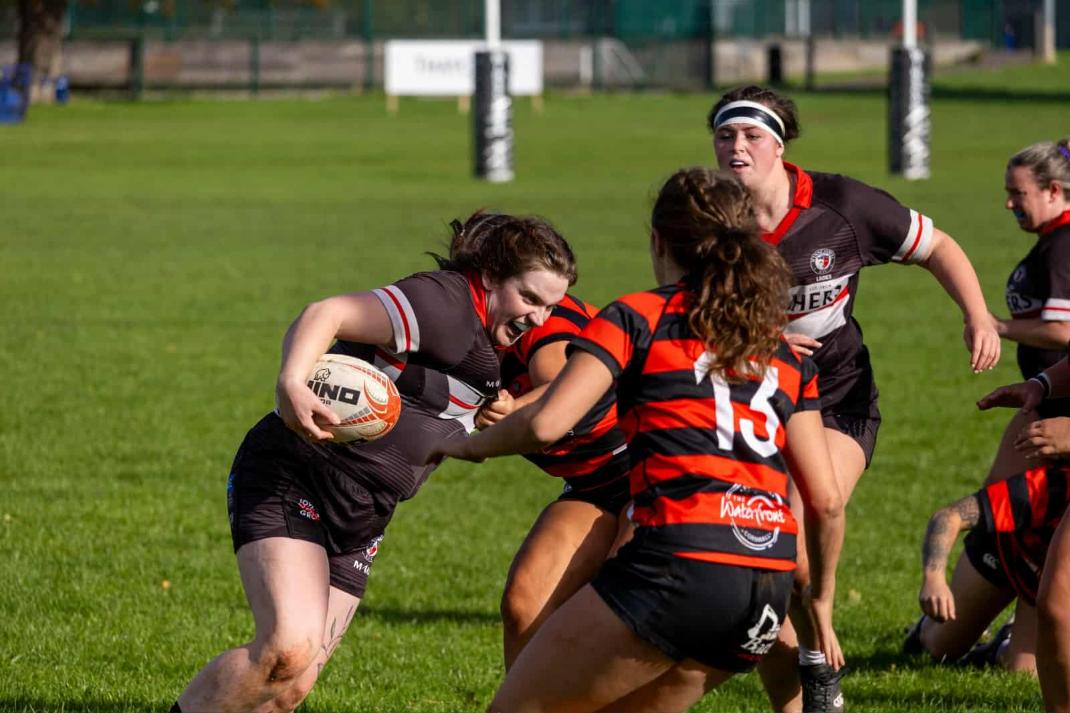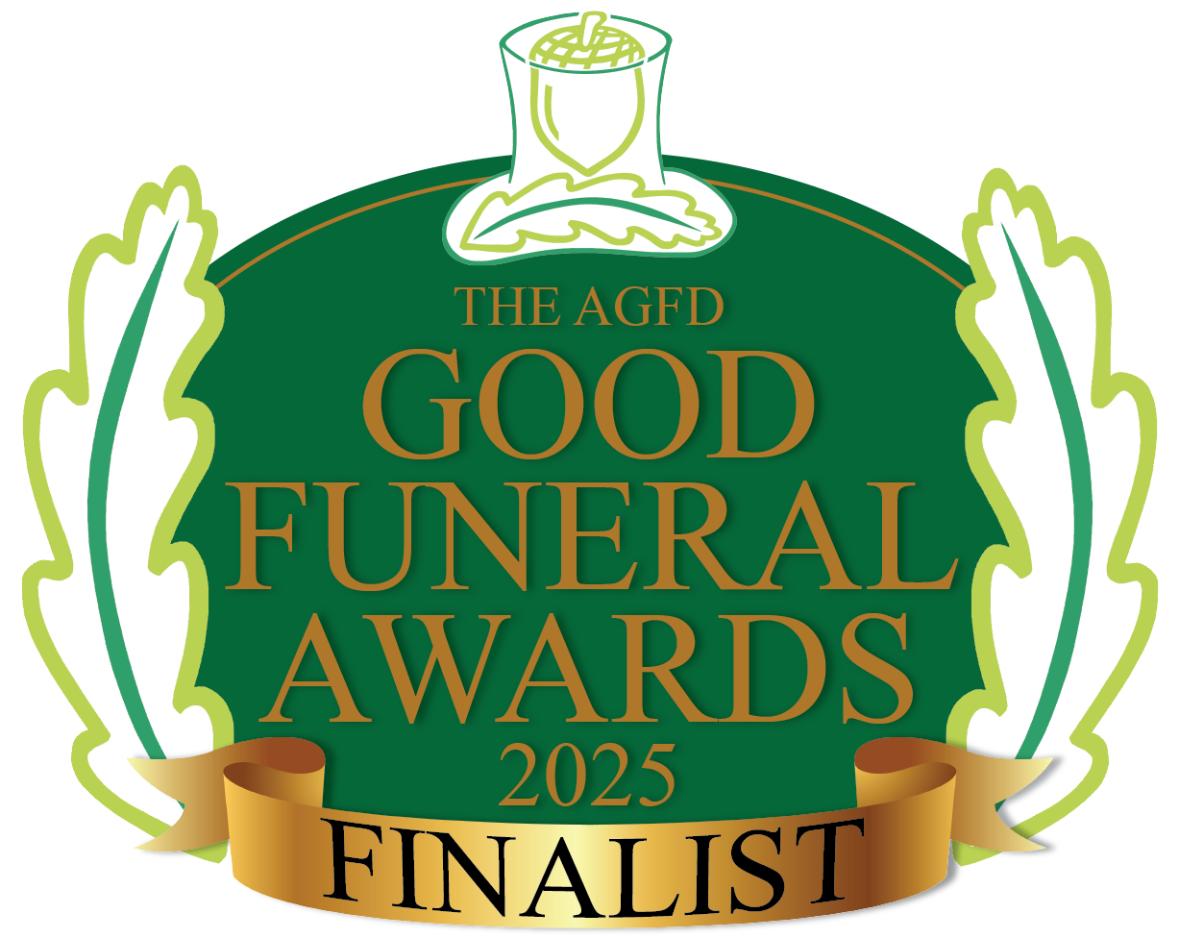Supporting children and young people grieve in Somerset
Susan Hoyle BACP Accredited Qualified Counsellor who formed Woven Threads Counselling Service in Somerset uses creative and innovative ways to enable connection and expression of emotions. Susan developed the Somerset Suicide Bereavement Support Service for Somerset Public Health, enabling the service to be recognised as a beacon of excellence. A distinguished leader in her field, Susan set up her private counselling service Woven Threads supporting adults and children with grief, domestic abuse victims and for those suffering with all types of addiction and eating disorders.

"The concept of having to start talking to your child at such a young age about death and loss can feel heart breaking” : Susan Hoyle Counsellor from Woven Threads
Susan tells us about her work with children around the loss of someone they knew and loved.
What should a parent say to their child about death?
When a child has lost someone close to them, it is so hard to try and explain all that has happened. Simultaneously, it is also very difficult for the remaining family to know how to help and support the child/children.
To me, in my practice, the rules are quite simple… Honesty is important. Try your best not to fill them with a manner of magical beliefs for example, people sprouting wings and flying up to heaven. Children are inquisitive beings and deserve a lot more credit than they are often given. The concept of having to start talking to your child/children at such a young age about death and loss can feel heartbreaking. However, that is often the reality of the situation and if you are truthful, honest and open with them, this then should allow a returned dialogue where they feel they can be honest back to you.
While we may mean well wanting to shield a child from the loss of someone special, it could go on to cause great pain.
For example, when the child becomes old enough or learns that their person did not sprout wings and fly to heaven, this can leave massive and devastating ripple effects for the child.
How do you help a child cope with the loss of someone close to them?
During my sessions,I often aim to use methods that are visual and at times non - verbal to truly explore what the thoughts and feelings of the child are. In turn I then try to guide the family in how to support the child/children if needed.
Really this is the same process for an adult, but collectively, we need to break it down into softer ways for children and young people to understand.
The case study mentioned below discusses a child who has suffered a loss.
Lets talk about loss (A case study)…
A little while ago I worked with a child under the age of eight. During our early sessions introduced and recommend a book called ‘What Happens Next’ by Shinksuke Yoshitake.

I often explore this book with children and young people to show and explain that we do not have all the answers as to where exactly the person has gone. It offers up lots of interesting thoughts around death and what happens after, without showing any bias. This then allows the child the complete freedom to interpret as they choose. From this a conversation is prompted for the child to express their fears, thoughts and anxieties. This is the biggest gift that you can give achild in the midst of grief, a line of open communication for their thoughts and feelings.

You can find this book to purchase online at : https://www.amazon.co.uk/What-Happens-Next-Shinsuke-Yoshitake/dp/0500651205
For this child I also used three soft cuddly toys from a company called Jelly Cat. The egg demonstrates how when someone dies, the feelings are all consuming and are at the core of everything we think and feel.

Next, the avocado… This shows that with time the feelings will decrease but not go away. Naturally, time will put other things in place to dilute the overwhelming feelings from the very early days of loss.

Finally, the broccoli represents that the person we lost never really leaves us. We grow and flourish with that person still in our heart and we carry them into everything we do.

What about Teenagers?
When working with teenagers or young adults, it is the same exploration of their thoughts and feelings around death and how it is affecting them. I use a range of resources to try to help them find ways to explore what they are feeling in case they are having trouble verbalising this. Below is a selection of images that I may use with young people.

Where do you get your inspiration from working with children?
I brought all my experience and training into my business Woven Threads. I specialise in supporting those who have been bereaved in all circumstances and am here to help you make sense of such an uncertain time with care and compassion. I am able to work with the whole family as well as young children and this will always be done with the upmost discretion.
Where appropriate, I use my skills as a ‘creative counsellor’ to work through topics/issues that have come up during sessions. This is particularly useful when working with children and young people or for those that feel ‘stuck’ in knowing what to say. For example, we may examine a variety of postcards depicting different emotions and we then discuss the ones that have stood out for you.
I believe that after a loss of someone close to us or someone that has had an impact on our lives, we may need help to rebalance and resettle our life without the persons physical presence with us any longer.
How can a parent contact you Susan?
email - woventhreadservice@outlook.com or call 07584 666422. I also have a designated Facebook page, please go to ‘Woven Threads Counselling Somerset’. Messages are accepted on this page and there are regular posts on a wide variety of topics.
Our Thanks To Susan For Talking About Children And Death
Amanda-Louise Funeral Director thanks Susan for sharing her expertise with us. We recognise that children often grieve at different times and in different ways to us adults, and your support is so valuable for many many families. We quite agree, being honest and clear is the key when talking with children as it will help them understand, 'she has died' will be easier to understand than 'passed away' or 'lost'. Naturally as parents we dont need to share all the details but definitely its best not to say 'they are just sleeping' to a child.
If you are reading this article and want advice, please contact Susan direct or via Amanda-Louise Funeral Services






.jpg)


